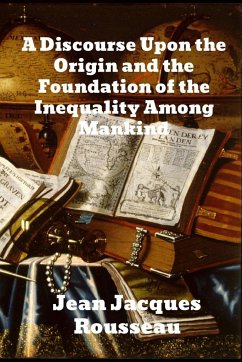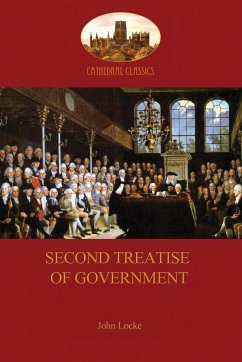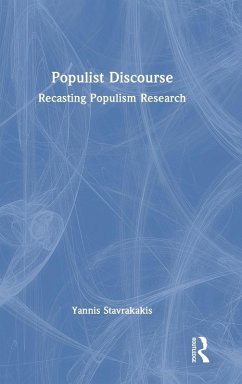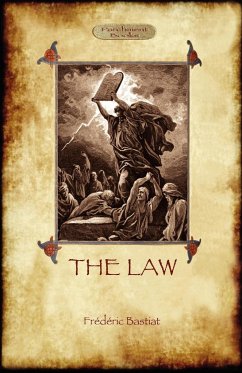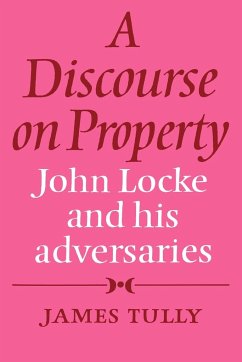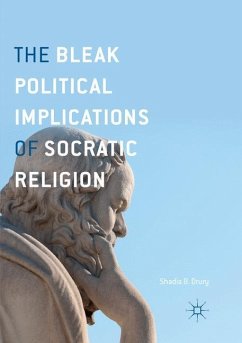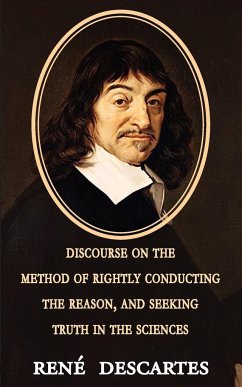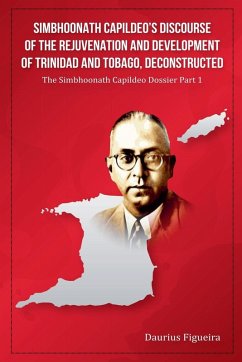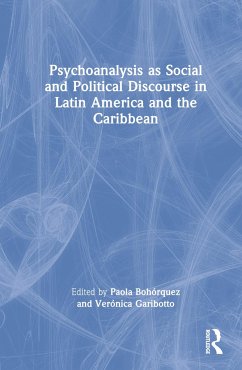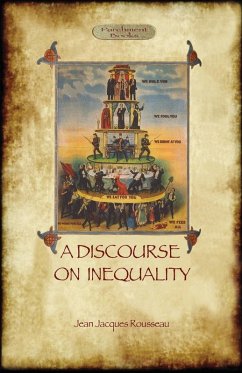
A Discourse on Inequality
Versandkostenfrei!
Versandfertig in 1-2 Wochen
11,99 €
inkl. MwSt.

PAYBACK Punkte
6 °P sammeln!
Jean-Jacques Rousseau was the son of a Genevan watchmaker who became one of the foremost French writers and political theorists of the Enlightenment, penning such classics as 'The Social Contract' and 'Emile'. His 'Discourse on the Origin of Inequality' was written some eight years earlier, and takes as its theme the degradation of humanity through the corrupting influences of civilisation. Rousseau traces the origins of inequality and its increasing prominence over the historical period. His wide-ranging analysis covers a swathe of disparate topics, from compassion and sensitivity, through de...
Jean-Jacques Rousseau was the son of a Genevan watchmaker who became one of the foremost French writers and political theorists of the Enlightenment, penning such classics as 'The Social Contract' and 'Emile'. His 'Discourse on the Origin of Inequality' was written some eight years earlier, and takes as its theme the degradation of humanity through the corrupting influences of civilisation. Rousseau traces the origins of inequality and its increasing prominence over the historical period. His wide-ranging analysis covers a swathe of disparate topics, from compassion and sensitivity, through despotism and war, to private property, the origin of goodness and the perfectibility of humanity. The Discourse became hugely influential - it helped lay the philosophical foundations for the French Revolution, and inspired similar insurrections well into the nineteenth century.



